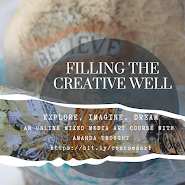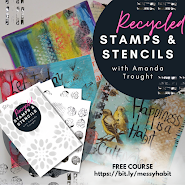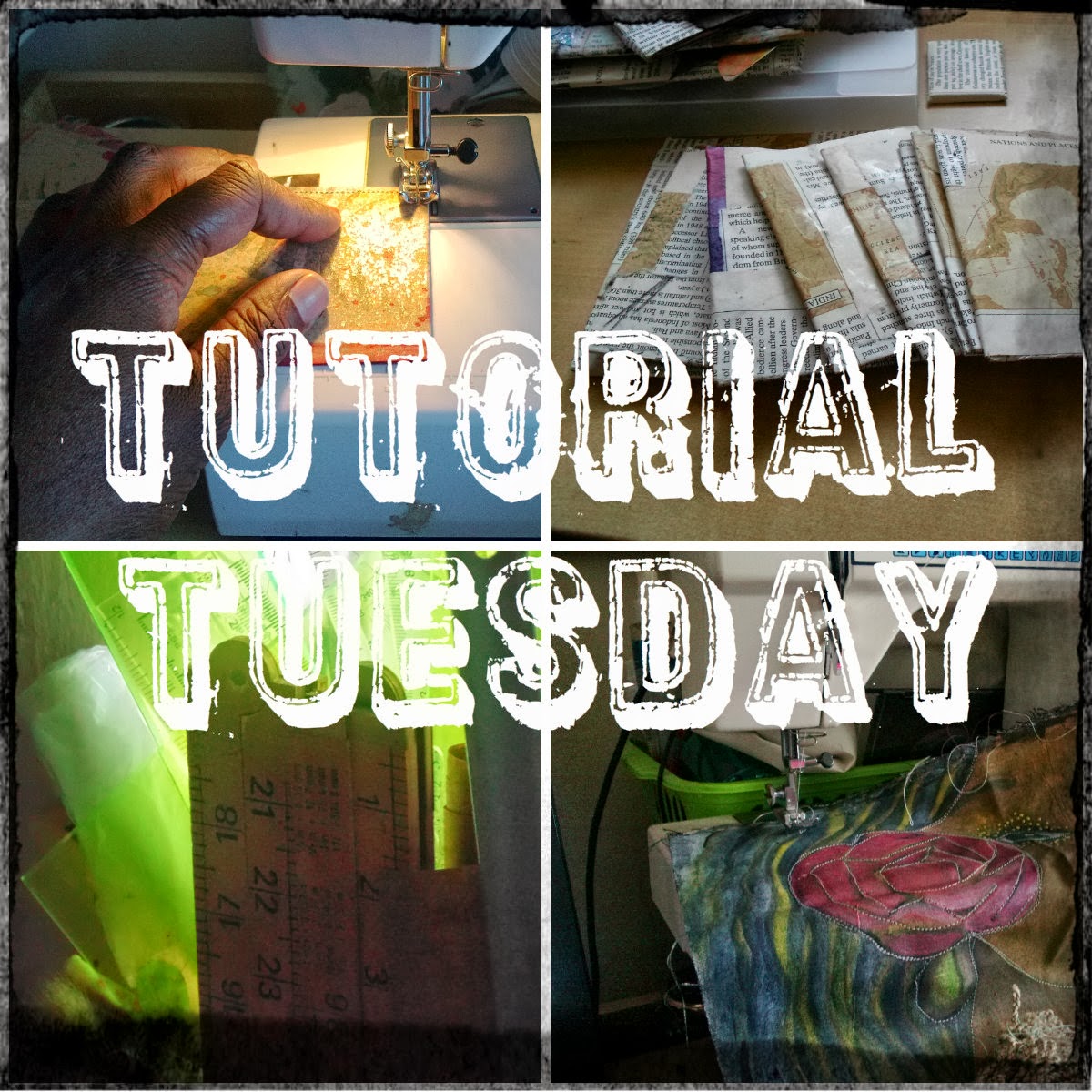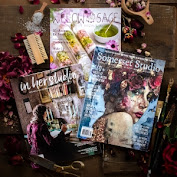Listen to the Podcast
Food and nurturing - The Emotional impact
I have always had an emotional attachment to food, which started in childhood and continued into adulthood.
As a child I didn’t think about the costs or how long and how hard our parents had to work we just saw things appear in the cupboard we didn’t see the hours/stresses or worry that our parents went through in order to provide us with the standard of living they never had.
The memories of the associations to food came upper most in my mind as mum decided she wasn't going to eat while I was feeding her at the home. This was something that began to be a regular occurrence when I was looking after her full time. I associated this with failure and worried that she would be hungry – but the main thing was how inadequate I felt that I couldn’t get her to eat.
We grew up being told that we had to eat all the food on our plate otherwise we:
- Wouldn’t be able to leave the table
- Have dessert
Both of which filled you with dread because the pudding was usually something we looked forward to after the dinner. My mother’s homemade apple pies, cakes, crumbles were so tasty that made your toes curled when you ate them. You felt you had no choice but to eat all that we were given and it never occurred to me or anyone else that we all had the same sized plates as my dad! As my brother got older as he was always the last to finish he learned that falling asleep at the table would get him out of eating the rest of his dinner - as the youngest we always felt that he was spoilt (smile).
Every meal was therefore set up. It is unlikely that as a child you can eat an adult sized meal and you end up feeling full just looking at the plate. The combination of eating all or having to stay behind when everyone else has gone makes you associate certain patterns of behavior with food.
Your Eyes too Big for your Belly!
 |
| Digital Art - Amanda Trought |
Don’t get me wrong, my mother’s food was always delicious, but when your full your full. The saying that “your eyes are too big for your belly” was one I heard often, I would ask for more without thinking about whether I could eat it and invariably ended up eating it because I thought that if I stuffed it down it would be an achievement and they would be proud of me and I am not sure where I got that from. I remember my dad’s face the first time I overate. He had this look on his face and seem to be beaming, but I took it to mean that he was proud of me and so would always over eat wanting to recreate that feeling. It is funny what a 10 year old thinks they see, compare to what is actually the case.
Activities
Whilst on one hand I was over eating, we didn’t lead a sedentary childhood, we were always out on our bikes or scooters. Going up to Hampstead Heath and Parliament Hill Fields to have our adventures and play.
When you think of how you grew up, what associations do you have, or have you had with food?
Take away the stress
I always thought that my son when he was little would want to eat everything that I made and when he didn’t the feelings that I was either a bad mother or couldn’t nurture started to rear its head and also appeared when I was looking after my mother. I didn’t realize at the time that my son wouldn’t starve he just didn’t want to eat at the time, mum wouldn’t starve herself, she just either didn’t want what I cooked or wasn’t ready to eat. One of the most important things that my health visitor said to me was to give my son a small plate of food, and when he ate it would not associate food with failure and I also did this with my mother and made sure I had fruits available so that they could have them if they got hungry. This made eating less stressful for all of us.
The Food Industry
 |
| Digital Art - Amanda Trought |
Food is used in an emotional way by the food industry and advertisers, making you think you are hungry, associating foods with lifestyles and for most of us we can remember times where an advert has played and we immediately want the food or the drink they have just shown. Food is used in celebration – take cake, we also use cake for consoling ourselves, and in the films you see people using ice cream to console a broken heart. In the UK the placement of food is worth millions of pounds. Food is strategically placed for maximum effect encouraging us to browse a little longer – things are moved around on a regular basis – so you can never find what you want and just nip in and out of the store. The bread and cake aisles at the back of the store wafting freshly baked produce throughout this encourages you to linger as you contemplate buying a cake to celebrate a day in the week.
Food has power, it can make us feel shame, soothed, berated, it numbs emotion, It has a way of making you feel inadequate, dependent, addicted, but it can also comfort, make us feel nourished, celebrated, and it's revered. When you have an unhealthy relationship with food brought on by layers of misunderstandings these can be the hardest associations to break.
Food has power, it can make us feel shame, soothed, berated, it numbs emotion, It has a way of making you feel inadequate, dependent, addicted, but it can also comfort, make us feel nourished, celebrated, and it's revered. When you have an unhealthy relationship with food brought on by layers of misunderstandings these can be the hardest associations to break.
I will always identify some foods as comfort foods, mine are jacket potatoes, cake and custard, chocolate cake, Sunday dinners when all the family would gather and there would be laughter and fun, filling your bellies and either going out for a walk or sitting down watching a film, playing games and the washing up and going down memory lane as we laughed on into the night.
What you can do
While I still have a connection with food I control it better now. I make sure that I eat foods that are in as natural a state as possible, I grow my own food and I am focused on the impact of the food on my body and health. It doesn’t mean that I don’t have cake, but I am aware of the consequences of the foods that I eat, and I don’t attach any emotion to someone not eating the food I cook as anything to do with my abilities. I also look at how I can creatively express whatever emotions that I am feeling by working in my Art Journal.

Activities
First you have to stand up and admit you have issues around food and emotion
- Think of the reasons why this might have come about, ie something in your childhood or the way you have been brought up to view food.
- If you are feeling a particular emotion and want to eat something to make yourself feel better then you need to first drink some water then do some work in your art journal, just identifying what you might be feeling, how it started, and how you can use your creative tools to make you feel better rather than a slice of cake.
- Know that your emotional attachments can impact on your health and well-being so you need to invest in your health as there is no do over.
Check out some of my art videos and podcasts to help you spend more creative time, and remember to take some time out for you!
 |
| Check out this weeks Podcast |
If you want to support me as I create Arts and Health resources, videos and tutorials for free then come over to my Patreon Page, and see how you can benefit from your support.
Stay blessed and be a blessing.
Before you go..
You might want to check out some of these Amazon resources if you want to look further into the emotions and food. Click on the book to take you to Amazon





























































.png)











